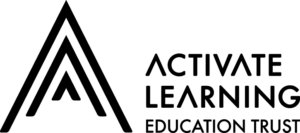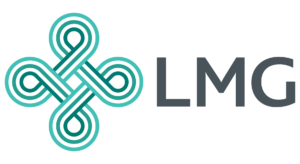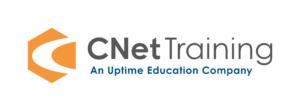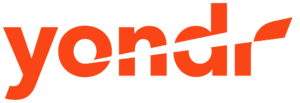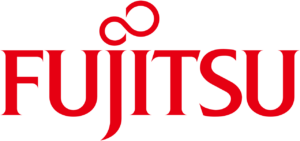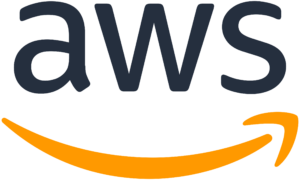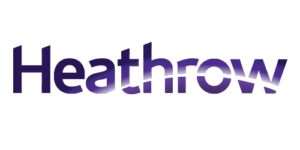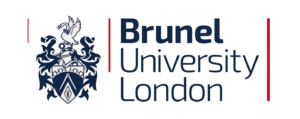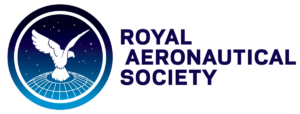GCSE COMPUTER SCIENCE
What does this qualification cover?
There are two units that you will study for this GCSE Computer Science: GCSE Computer Science 9-1 (OCR J277)
By studying GCSE Computer Science as part of your programme of study, you will learn to:
- Understand and apply the fundamental principles and concepts of Computer Science: abstraction, decomposition, logic, algorithms, and data representation
- You will also analyse problems in computational terms through practical experience in solving such problems including designing, writing, and debugging programs
- Think creatively, innovatively, analytically, logically, and critically
- Understand the components that make up digital systems and how they communicate with one another and with other systems
What’s included?
Computer systems (Unit1)
This component will introduce you to the internal workings of the Central Processing Unit (CPU), the exchange of data and will also look at software development, data types and legal and ethical issues.
Computational thinking, algorithms, and programming (Unit2)
This component will build on the knowledge and understanding gained in the previous component, developing your understanding of computational thinking. You will also be using algorithms to explain and solve problems. You will also be completing practical programming tasks in a suitable programming language.
Key Features
- Understand and apply the fundamental principles and concepts of Computer Science, including abstraction, decomposition, logic, algorithms, and data representation
- Analyse problems in computational terms through practical experience in solving such problems, including designing, writing, and debugging programs
- Think creatively, innovatively, analytically, logically, and critically
- Understand the components that make up digital systems and how they communicate with one another and with other systems
- Understand the impacts of digital technology to the individual and to wider society
- Apply mathematical skills relevant to Computer Science
Links to workplace
By choosing GCSE Computer Science one will have access to a wide range of rewarding occupations for example:
- Software developer
- Web designer
- Application designer
- IT Consultant
- Computer technician
- IT Manager
- Network design/ manager
The course is also run in parallel with industry qualifications namely: Cisco Networking Academy courses and Microsoft office 2016/19 professional training.
APPLY FOR
Year 10
APPLY FOR
Year 12


